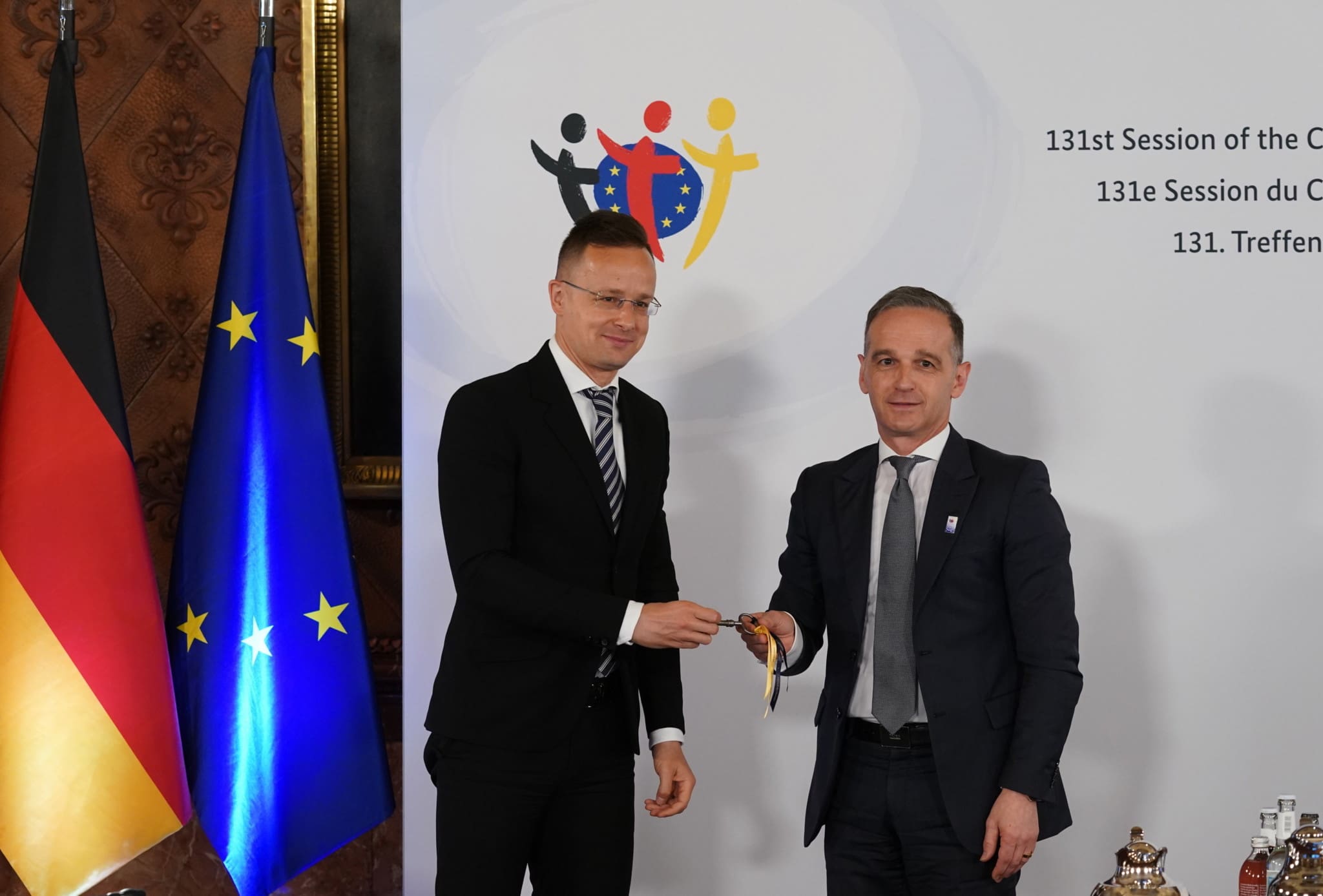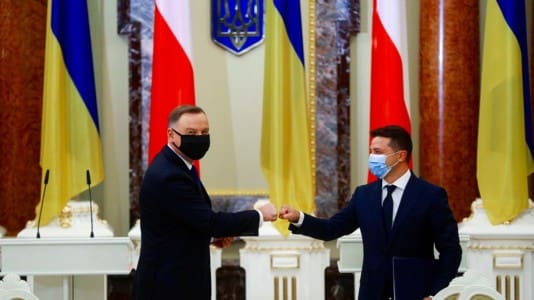The Hungarian Presidency of the Council of Europe recommends the inclusion of five new minority protection principles in the European Framework Convention for the Protection of Minorities.
Hungary, which closes its six-month rotating presidency at the end of November, would like to see strong regulation in the EU that is accountable to member states so that violations against national minorities can be curbed.
The so-called Strasbourg Declaration on Improving the Situation and Rights of National Minorities in Europe was presented by the Minister for Foreign Affairs and Foreign Affairs Péter Szijjártó as the outgoing President of the Committee of Ministers of the Council of Europe (ET) at the Presidency Conference in Strasbourg on October 19.
The document signed by Szijjártó makes three important proposals for Europe’s leading human rights organization. First, the body’s intergovernmental committee of experts should by the end of 2022 incorporate the five principles formulated by the Hungarian government into the European Framework Convention for the Protection of Minorities. Second, it should set up a public online platform where complaints about cases of discrimination against persons belonging to national minorities can be uploaded. Third and finally, it should set up a working group to draw up a recommendation on the active political participation of young people belonging to national minorities.
“The protection of national minorities is not an internal affair, but a European one,” the Hungarian proposal points out. “The regulation of the affairs of national minorities is a national competence, so each state decides for itself which rights it does and does not grant for the nationalities living in its territory. The first principle suggests that this issue should not be addressed at the member state level, but rather at European level.”
The five principles proposed by the Hungarian government, developed by Ministerial Commissioner for Neighborhood Policy Ferenc Kalmár and Deputy Prime Minister Katalin Szili, are as follows:
- The basis for the protection of national minorities is the guarantee of the right to identity. This principle underlines that Europe’s diversity can only be maintained if national minorities are able to preserve their own identity.
- It is also necessary to ensure the exercise of individual and collective rights to ensure identity, while also acknowledging that granting collective rights is one of the most sensitive and controversial issues in Europe.
- National identity and nationality are not necessarily the same. This is an obvious reality for the inhabitants of the parts of the country attached to the territory of other states (for example, Hungarians across the border), but it is also a clear fact for the inhabitants of different nationalities who have lived in the same area for centuries or generations.
- Majority states must enshrine in their constitution that national minorities living on their territory are state-forming actors.
- The fifth principle would recognize that in a given country, not only the majority nation but also another national community living there has created culture and values in that area.
The second principle is the most controversial, as it is not accepted by Slovakia, Romania, or Ukraine.
Note: The Council of Europe (a gathering of 47 European states) is not to be confounded with the European Council, comprised of the heads of state or government of the 27 member states of the European Union.






